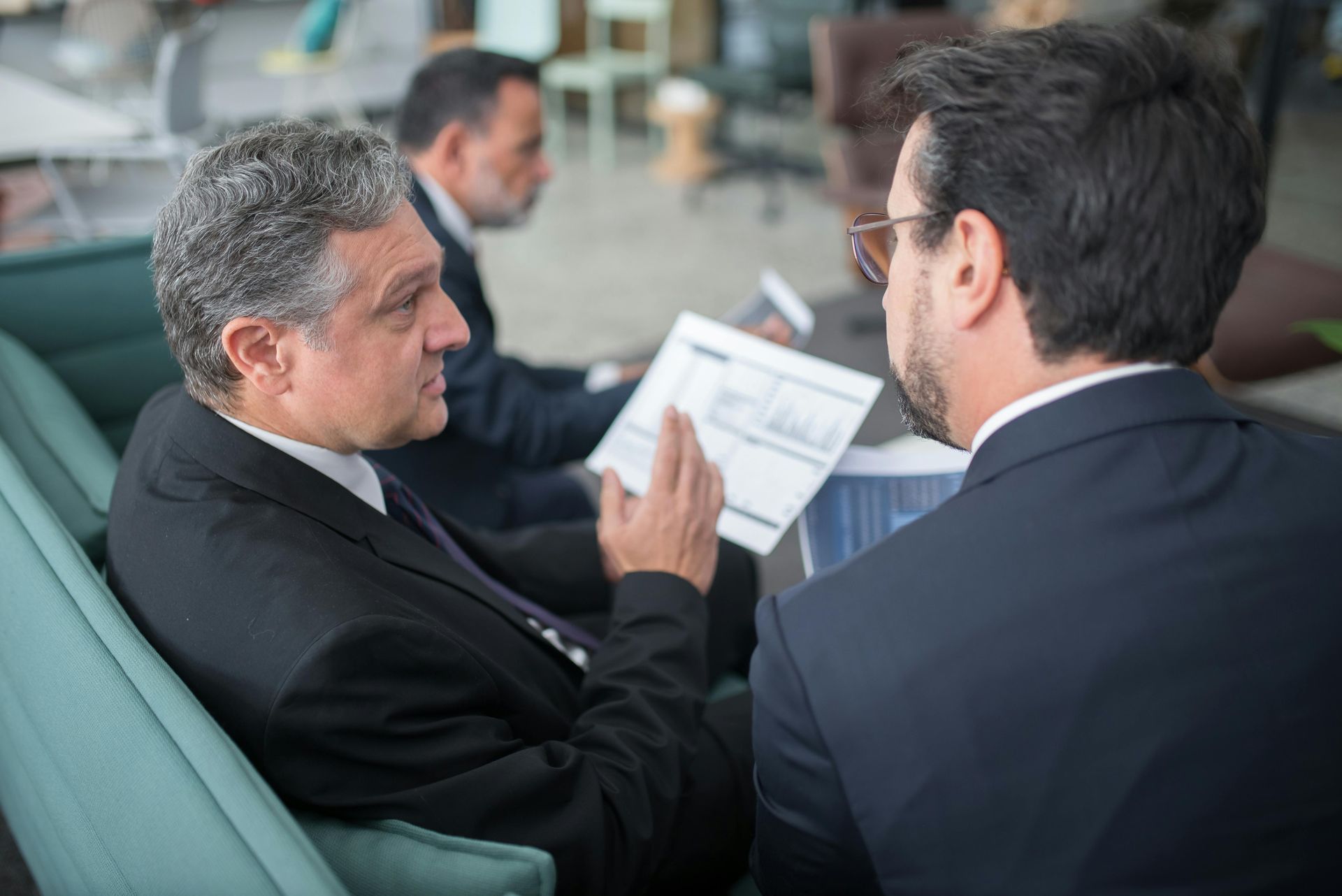The 2010 NPT RevCon’s “NGO Day” — an Alternative Civil Society View of Nuclear Deterrence
Note:
Non-governmental organizations are now customarily permitted to address Nuclear Nonproliferation Treaty (NPT) meetings. Most presentations do not deal with nonproliferation, however, focusing instead almost exclusively upon nuclear disarmament. NGO day is intended to offer government delegations a chance to hear the perspectives of civil society, but NGO participation is voluntary and relatively unstructured, consisting merely of those groups that obtain U.N. accreditation for the purpose and choose to play a role. The diversity of viewpoint among participating NGOs is not -- one must admit -- usually very wide, even in comparison to the range of views expressed by official delegations, and especially in comparison to the opinions held in the broader policy community in the United States and elsewhere.
For the past two years, Ford has participated in these NGO presentations, in both cases offering a perspective that differs in important ways from the points usually made by the group of NGOs that chooses to participate in these events. The remarks below were delivered to the 2010 NPT Review Conference on May 7, 2010. A PDF file of them is also available on NPF’s “Documents and Links” page. (For the text of Ford’s remarks as an NGO participant at the 2009 NPT Preparatory Committee meeting, click here .)
At the May 7th “NGO Day” presentations, provision was made for actual interaction between participating NGOs and governmental delegations in attendance, by means of the retention of time in which questions could be put to the NGOs and responses made. Delegations did not seem particularly interested in such interaction, however, instead usually using “Q&A” time to make their own “comments.” Only a single delegation asked a real question -- albeit a non-substantive one -- posing it to a pair of NGO representatives who were by that point no longer present in the hall.
At any rate, here are Ford’s comments. For links to all the various NGO statements made, please click here for the Reaching Critical Will webpage that compiles them very helpfully. (NPF’s hat goes off to Ray Acheson of RCW for her tireless efforts as NGO coordinator!)
Mr. President, Ambassadors, delegates, and friends of the NGOs, you have heard much about disarmament from NGOs here today. I am glad to be able to speak to the subject too, however, lest you get the false impression that what you have heard so far represents the views of all civil society. Fortunately, it does not.
To hear some tell it, nuclear deterrence is a terrible travesty – at best a naïve mistake, and really more akin to criminal insanity. Anyone who insists upon a such starting assumption, however, is not interested in a meaningful or constructive dialogue with nuclear weapons possessors and indeed many other countries in the present international system – and will thus continue to pass up opportunities to make progress in reducing reliance upon nuclear weapons, the numbers of them in existence, and the risks they present.
Simply put, the problem is that nuclear deterrence isn’t stupid or insane, and it is an important part of the security planning of numerous governments. Nuclear weapons possessors think nuclear deterrence is viable and necessary; many of their allies rely upon such deterrence in “extended” form; other countries clearly seek nuclear weapons on the basis of what they claim, at least, is some need to deter others. Remarkably few, if any, appear to think it irrelevant , much less insane.
Still more removed are we from a world in which “deterrence” per se is no longer a factor in security planning. That world, indeed, is scarcely imaginable at all. One might as well plan for the abolition of locks, car alarms, and police constables. Deterrence as a phenomenon cannot be declared away, and it is simply a fact of life that one can indeed often prevent someone from taking some action by making clear that its cost will be unacceptable and outweigh any benefit.
The challenge for the disarmament community, therefore, is not to reject the possibility of deterrence in its nuclear form but rather to understand and work to lessen reliance upon it. If my colleagues were right that nuclear deterrence is simply lunacy, disarmament wouldn’t be so hard: most governments aren’t led by lunatics. But it takes clear thinking and sustained effort replace sane and well-established traditions of relying
upon nuclear weapons with intelligible and credible alternatives. How tragic it would be for ideological blinkers to preclude the kind of engagement needed to replace nuclear deterrence by such alternatives.
Deterrence in its most basic form is as old as one human’s capability of harming another, and will not disappear even with the abolition of nuclear weaponry. Moreover, because knowledge of the possibility of nuclear arms – and basic information about how to fabricate them – cannot be erased from human memory, and because nuclear materials and the technologies for producing them remain dangerously widespread, at least some form even of nuclear deterrence is likely to remain viable even were we to achieve abolition. As long as anyone has the “option” of weapons development afforded by the possession of fissile material and dual-use technology, “nuclear deterrence” will not wholly have disappeared.
What we are talking about, therefore – or what we should be talking about if disarmament politics and ideology permit us such honesty – is the challenge of shaping the future security environment in ways that make it progressively more unnecessary and unwise to rely upon nuclear weapons for deterrence.
We will never able to escape deterrence as a phenomenon , nor probably even that oblique form of nuclear deterrence inherent in the continued existence of nuclear technology and material – that is, the technical availability of some weapons “option.” But there is no law of nature that requires the actual existence of nuclear weapons; that is a policy choice. It is our challenge to make un -choosing that choice more of a viable option for national leaders in the real world. To do this, however, we must remember that we are talking about the real world, and not some fantasy kingdom in which knowledge can be decreed away and human nature reshaped at our caprice. Our task is not entirely hopeless, but we do ourselves no favor by pretending it is different than it is.
-- Christopher Ford









